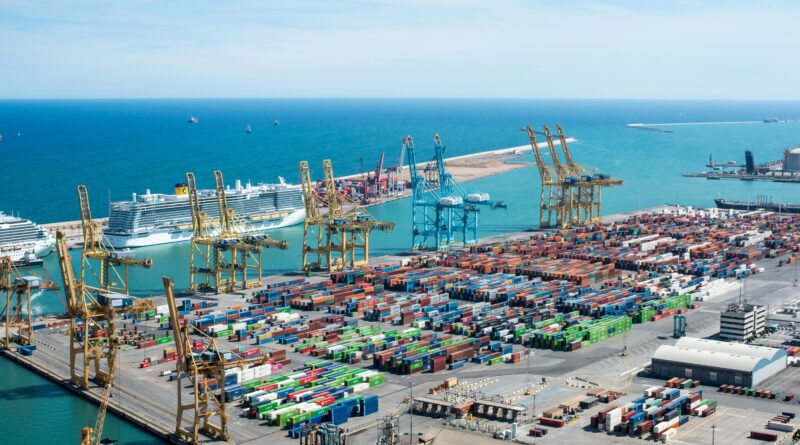The Key to Hassle-Free Imports: Navigating Complex Border Procedures
In today’s interconnected world, the seamless movement of goods across international borders is critical for businesses to thrive. However, navigating the often-complex regulations surrounding imports can be a daunting task. From compliance issues to proper documentation, each step of the process requires precision and expertise to avoid delays, penalties, or unnecessary expenses. This article will explore the challenges businesses face during imports and discuss how professional solutions can simplify the process, saving both time and resources.
Understanding the Challenges of Border Regulations
Global trade requires businesses to meet specific customs requirements imposed by various countries. Whether you’re importing goods on a small or large scale, the following challenges often arise:
- Documentation Complexity
Proper paperwork—like invoices, certificates of origin, and bills of lading—must be completed accurately and in accordance with the importing country’s guidelines. Missing or incorrect documentation can lead to fines, delays, or even cargo confiscation. - Customs Duties and Tariffs
Determining the correct duties, tariffs, and taxes can be complicated. Misclassifying your goods under the wrong Harmonized System (HS) codes may result in higher costs or penalties. - Regulatory Compliance
Import regulations differ significantly from one region to another. Certain goods require permits, safety inspections, or certifications, which can slow down the clearance process if not prearranged. - Unforeseen Delays
Even with everything in order, customs delays can occur due to factors like random inspections, updated regulations, or shipment mismanagement.
Why Proper Customs Management Is Essential
Streamlined border clearance processes ensure your goods reach their destination without unnecessary hurdles. Proper planning and execution of import procedures not only avoid costly delays but also improve operational efficiency for businesses. By adhering to regulations and preemptively addressing risks, companies can:
- Save Time: Efficient customs handling speeds up delivery timelines.
- Reduce Costs: Avoid penalties and optimize duty charges.
- Ensure Compliance: Mitigate the risk of non-compliance or seizure.
These benefits ultimately give businesses an edge by maintaining smooth supply chain operations.
How to Streamline Border Regulations
Simplifying the import process requires a proactive approach to customs management. Here are some practical tips:
- Stay Updated on Regulations
International import policies can change frequently. Staying informed about trade agreements, tariffs, and documentation requirements for each region is crucial. - Organize Your Documentation
Prepare all required documents in advance and ensure accuracy. This includes purchase orders, shipping labels, and legal certificates, among others. - Classify Goods Properly
Use the correct HS codes for your products to determine the applicable customs duties and taxes. Misclassification can lead to delays and financial loss. - Partner with Professionals
Leveraging the expertise of reliable Customs Clearance Services can make all the difference. Professionals handle everything from paperwork and compliance to duty optimization, ensuring your goods move smoothly across borders. - Plan for Contingencies
Unexpected challenges can occur at customs checkpoints. Build buffer time into your shipping schedules and maintain clear communication with stakeholders.
Conclusion
Simplifying border regulations requires expertise, accuracy, and forward-thinking strategies to prevent roadblocks during imports. By staying organized, compliant, and partnering with experts, businesses can reduce stress and ensure the smooth clearance of their goods. The role of professionals in managing customs formalities cannot be overstated—they provide tailored solutions that save time, minimize costs, and improve operational efficiency.
Whether you’re a small business or an established enterprise, optimizing your import process is key to maintaining a competitive edge in today’s fast-moving market.


